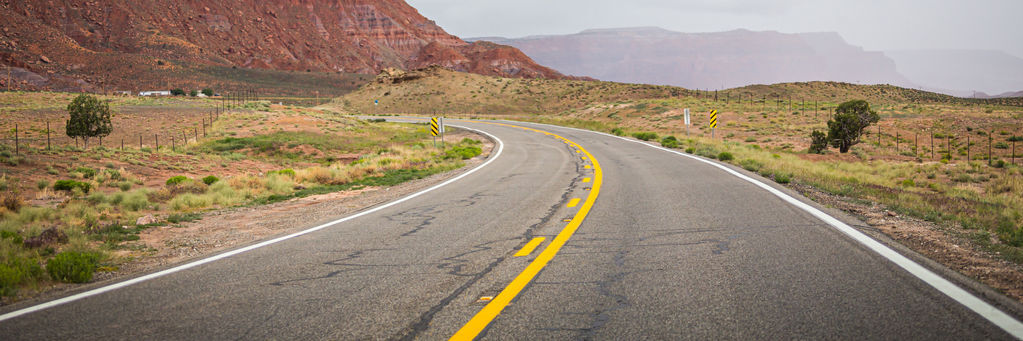Navajo Nation residents won’t get extra time to cast their ballots and be sure they are counted.
In a unanimous ruling Thursday, a three-judge panel of the 9th Circuit Court of Appeals did not dispute evidence that it takes longer for ballots to be mailed to reservation addresses than to other addresses. Ditto the reverse of the process of more time needed to get ballots from reservation addresses to election offices.
But the judges said those facts are irrelevant to the effort to challenge a law requiring ballots to be received by county election officials no later than 7 p.m. on Election Day to be counted.
They pointed out that the lawsuit was filed not by the tribe on behalf of all its members but instead by six individuals living on tribal lands.
That means the plaintiffs had to prove they personally were harmed by the current deadline and are entitled to have their votes counted if their ballots simply are postmarked by that time and date. They did not do that, the court said.
“What is missing ... is any allegation or showing as to, at a bare minimum, whether any of the plaintiffs intend to vote in this general election, and, if so, whether they intend to vote by mail,” or whether they would be harmed by location, language, transportation or other voting hurdles, the court wrote in the unsigned opinion.
“While we are sympathetic to the claimed challenges that on-reservation Navajo Nation members face in voting by mail, we lack jurisdiction” because the plaintiffs didn’t show standing to bring the lawsuit, the court said.
Also, “not everyone who resides on the reservation is a Navajo. Non-minority voters also reside on the reservation. And not every Navajo living on the reservation is an enrolled member of the Navajo Nation.”
That means there is no way for county recorders to give special treatment sought for Navajo Nation members — who are entitled to sue under the federal Voting Rights Act on allegations of discriminatory treatment — versus non-Native Americans who are not entitled to use that law to seek particular accommodations, the court said.
The judges also said the lawsuit, filed three weeks before the Nov. 3 general election, came too late.
“We do not discourage challenges of voting laws that may be discriminatory or otherwise invalid, whenever they may arise,” the judges said.
But they said the U.S. Supreme Court has told federal judges that, absent unique circumstances, they “should ordinarily not alter the election rules on the eve of an election.”
There was no immediate response from the plaintiffs.





